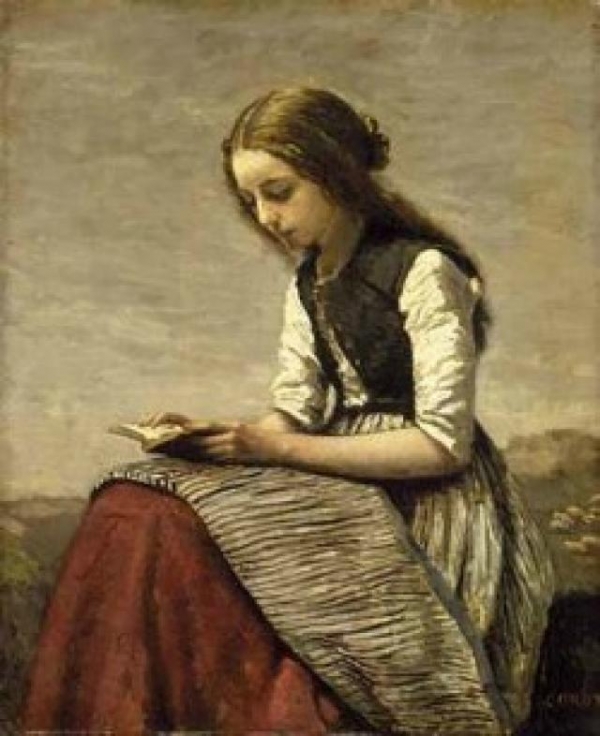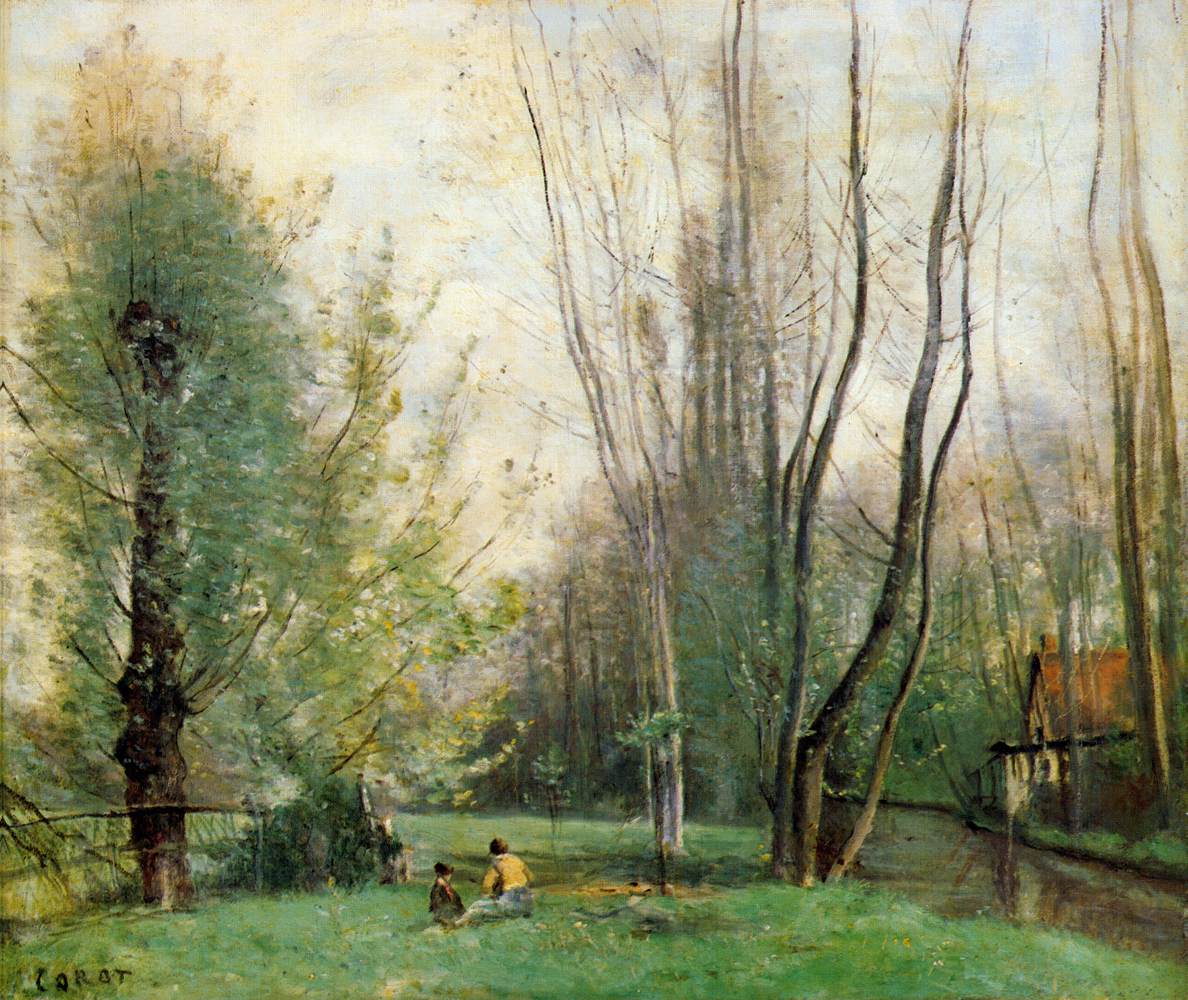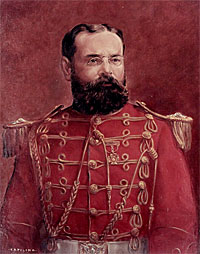
Our March this week by John Phillip Sousa is The Thunderer played by the National Youth Band of Canada.
Here is an interesting article on music and its effects on us.
I remember my mother quoting My Shadow by Robert Louis Stevenson to me as a child.
My Shadow
I have a little shadow that goes in and out with me,
And what can be the use of him is more than I can see.
He is very, very like me from the heels up to the head;
And I see him jump before me, when I jump into my bed.
The funniest thing about him is the way he likes to grow—
Not at all like proper children, which is always very slow;
For he sometimes shoots up taller like an india-rubber ball,
And he sometimes gets so little that there's none of him at all.
He hasn't got a notion of how children ought to play,
And can only make a fool of me in every sort of way.
He stays so close beside me, he's a coward you can see;
I'd think shame to stick to nursie as that shadow sticks to me!
One morning, very early, before the sun was up,
I rose and found the shining dew on every buttercup;
But my lazy little shadow, like an arrant sleepy-head,
Had stayed at home behind me and was fast asleep in bed.
I'm finding John Milton's poetry challenging and a bit difficult to understand, how about you? Still somehow I feel that it is beautiful and worthy.
On Shakespeare. 1630
What needs my Shakespeare for his honoured bones,
The labor of an age in pilèd stones,
Or that his hallowed relics should be hid
Under a star-ypointing pyramid?
Dear son of Memory, great heir of fame,
What need’st thou such weak witness of thy name?
Thou in our wonder and astonishment
Hast built thyself a live-long monument.
For whilst to th’ shame of slow-endeavouring art,
Thy easy numbers flow, and that each heart
Hath from the leaves of thy unvalued book
Those Delphic lines with deep impression took,
Then thou, our fancy of itself bereaving,
Dost make us marble with too much conceiving;
And so sepúlchred in such pomp dost lie,
That kings for such a tomb would wish to die.





![[Picture: In winter I get up at night / And dress by yellow candle-light.] [Picture: In winter I get up at night / And dress by yellow candle-light.]](http://www.fromoldbooks.org/Stevenson-GardenOfVerses/pages/004-dress-by-yellow-candle-light/004-dress-by-yellow-candle-light-q75-318x500.jpg)


